Featured
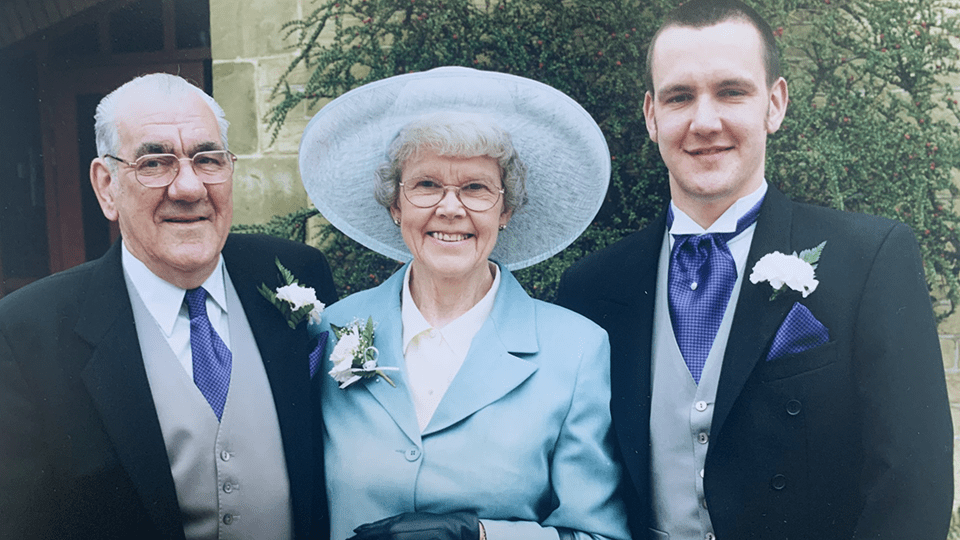
“Navigating the dementia care system pushed me to breaking point” – Chris’s story
Over the span of a decade, Chris cared for both parents with dementia. He shares his story to highlight the...
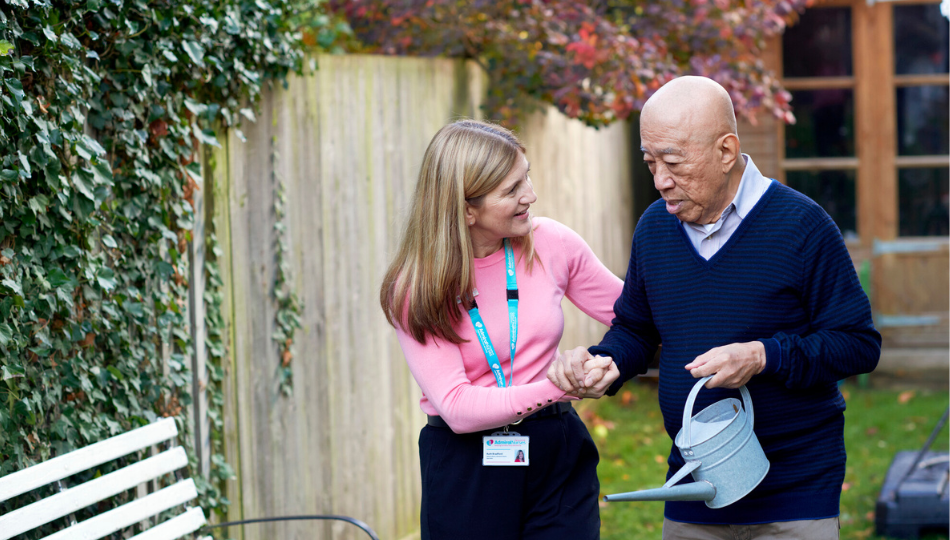
Read personal stories from people living with a diagnosis, their family members and friends – as well as our dementia specialist Admiral Nurses.
Featured

Over the span of a decade, Chris cared for both parents with dementia. He shares his story to highlight the...
Featured
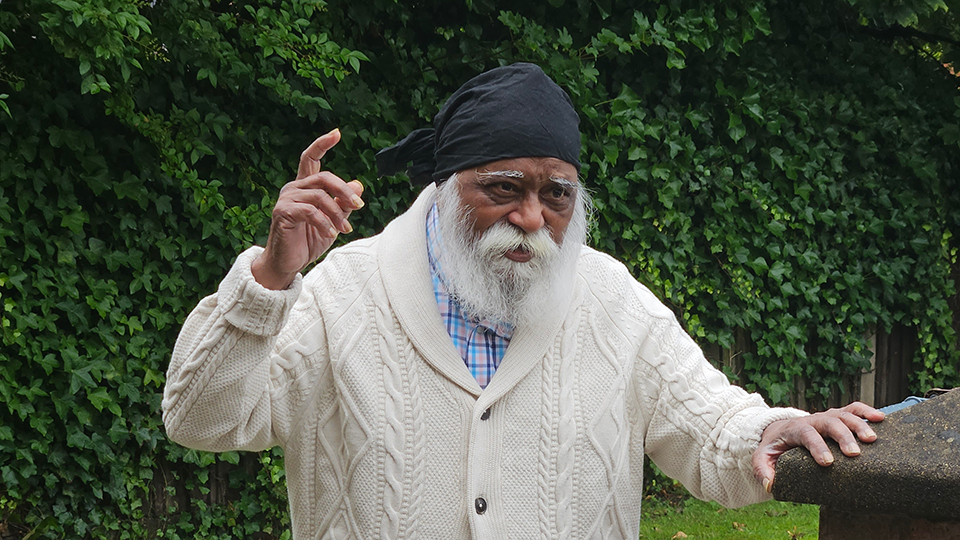
Kaur talks about caring for her dad, Mohinder, since his mixed dementia diagnosis, and how community awareness needs to be...
Featured
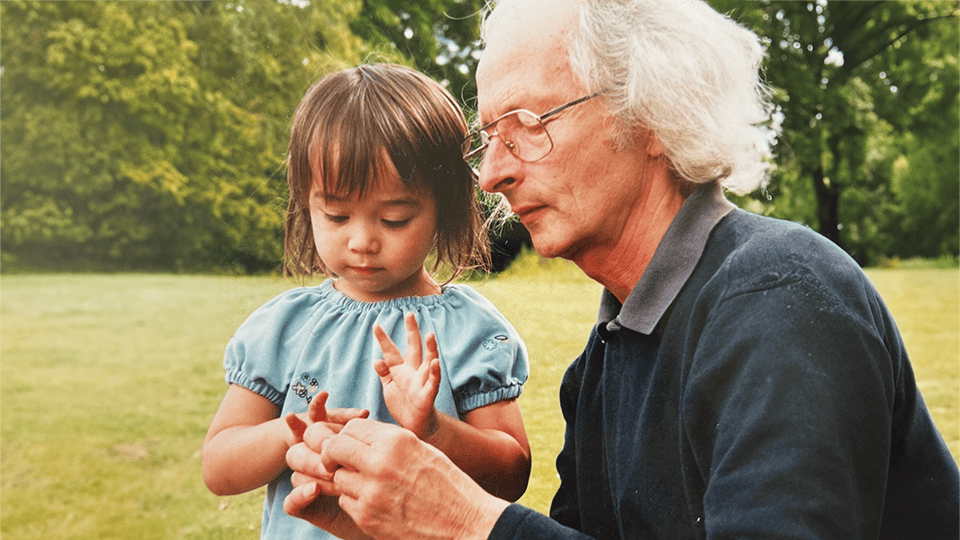
Saïna opens up about how her grandfather’s dementia has affected her, and how songwriting has provided a release.
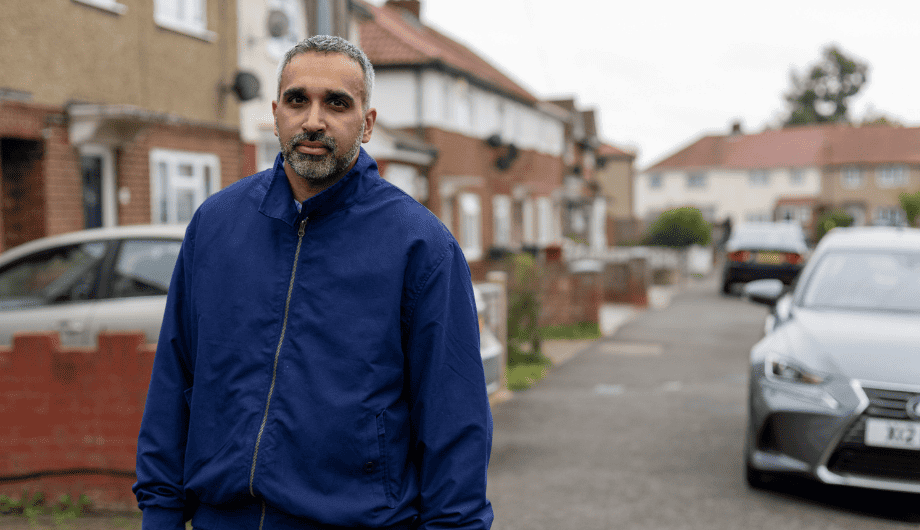
Ricky’s talks about how his Gran’s dementia diagnosis impacts his whole family and why he is supporting the ‘We live...
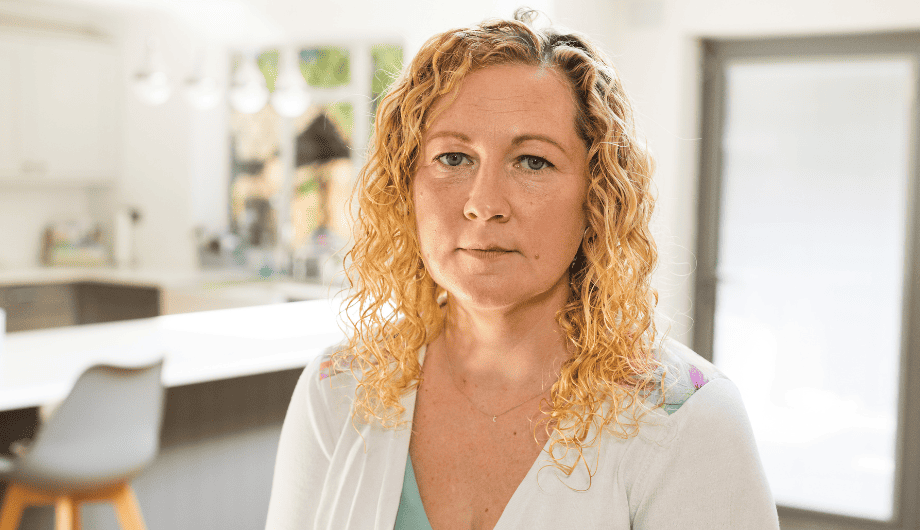
As a carer for her mum, who has vascular dementia, Clare is taking part in our ‘We live with dementia’...
Featured
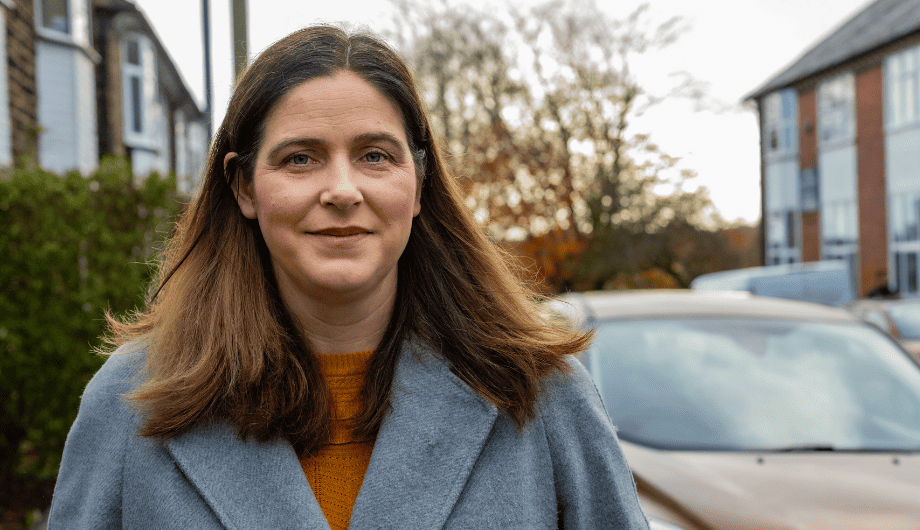
When her partner Andy was diagnosed with dementia at the age of 52, Christine struggled to know where to turn....
Featured
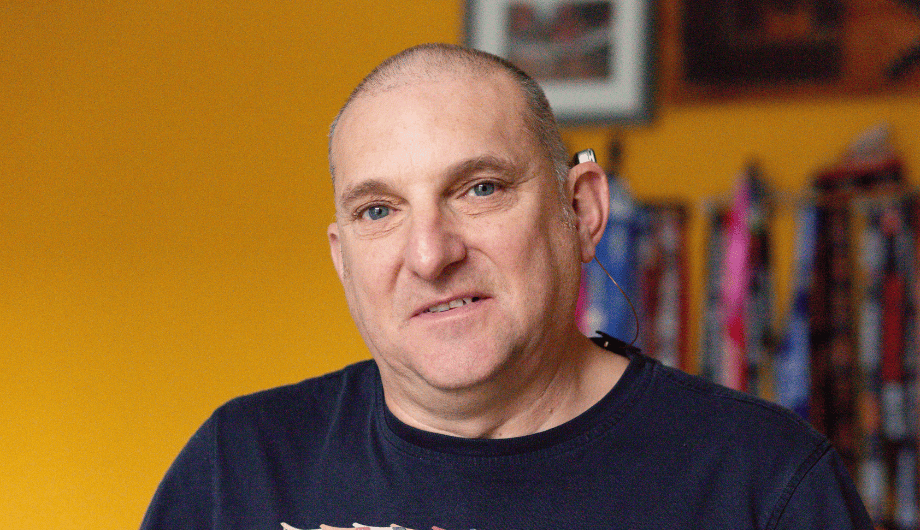
Andy, 52, lives with young onset dementia. As part of our ‘We live with dementia’ campaign, he shares how his...
Featured

Peter shares why he and his puppy Murphy, will be taking part in Dementia UK's 10k Lapland Dash.
Featured
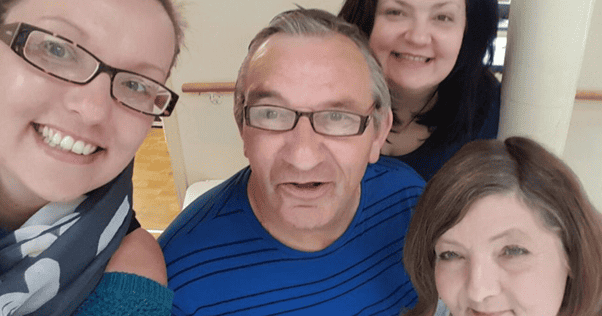
As part of Dementia UK’s ‘Fix the funding’ campaign, which is calling for an urgent review of the NHS continuing...
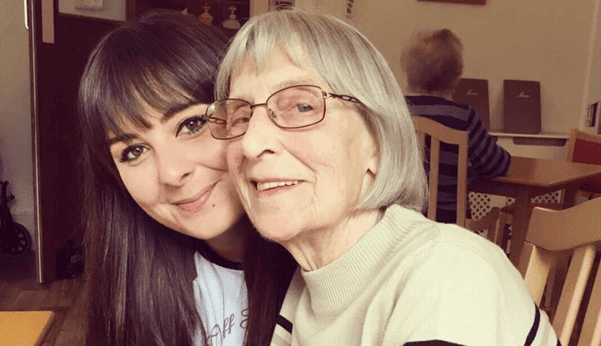
Jen, who works at tails.com, explains why she took on the October Dog Walking Challenge for Dementia UK.
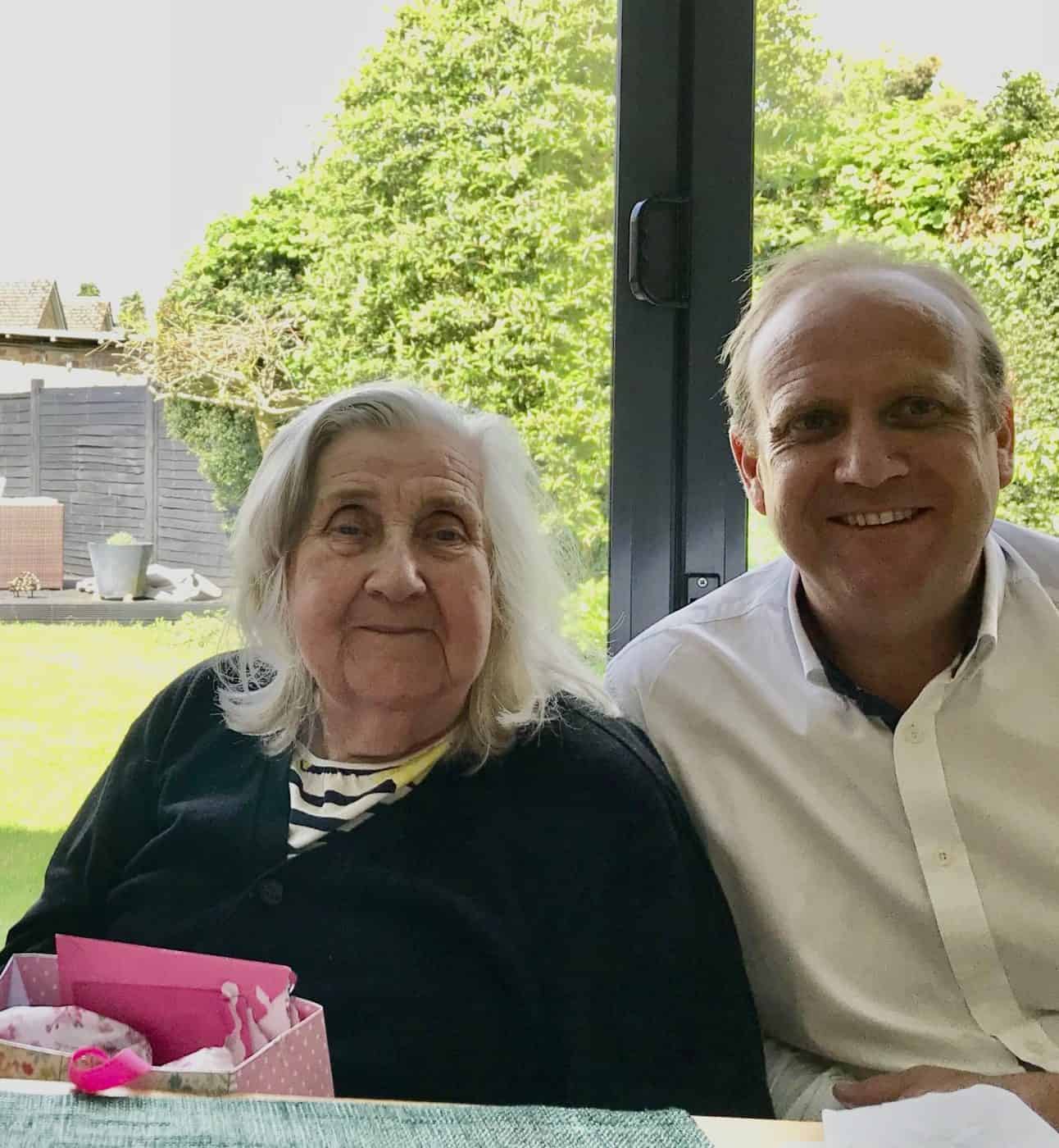
When Steve’s mum, who had dementia, was hospitalised after a fall, Steve turned to Dementia UK’s Helpline for support.
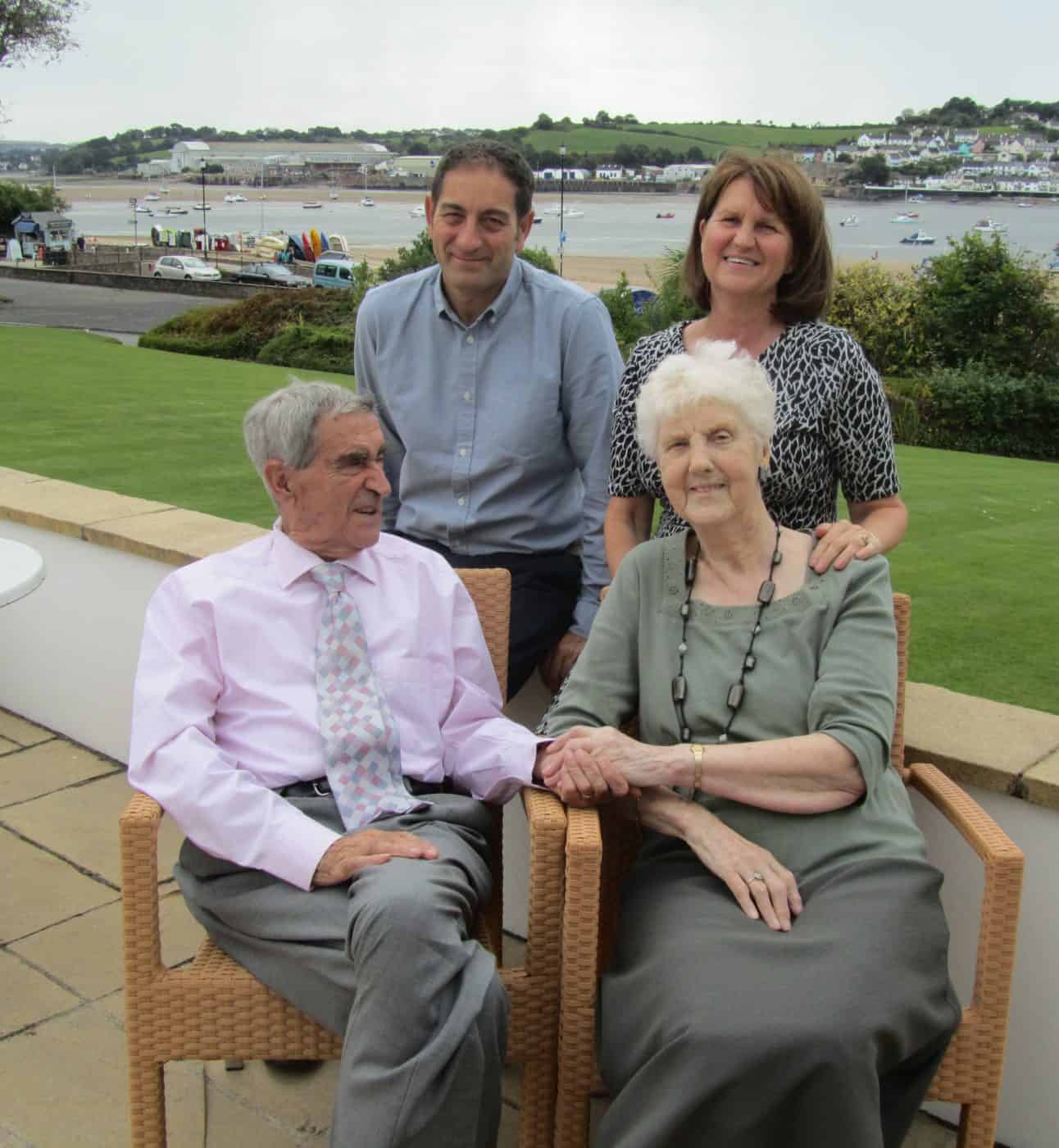
Annette reflects on how the NHS continuing healthcare (CHC) funding application process is flawed for people living with dementia.
Featured

Eshaa shares how young onset dementia impacted her father's capabilities to communicate with his friends and family.

Adult Nursing lecturer and a PhD student Tidziwe reflects on the lack of awareness of dementia in her home country...